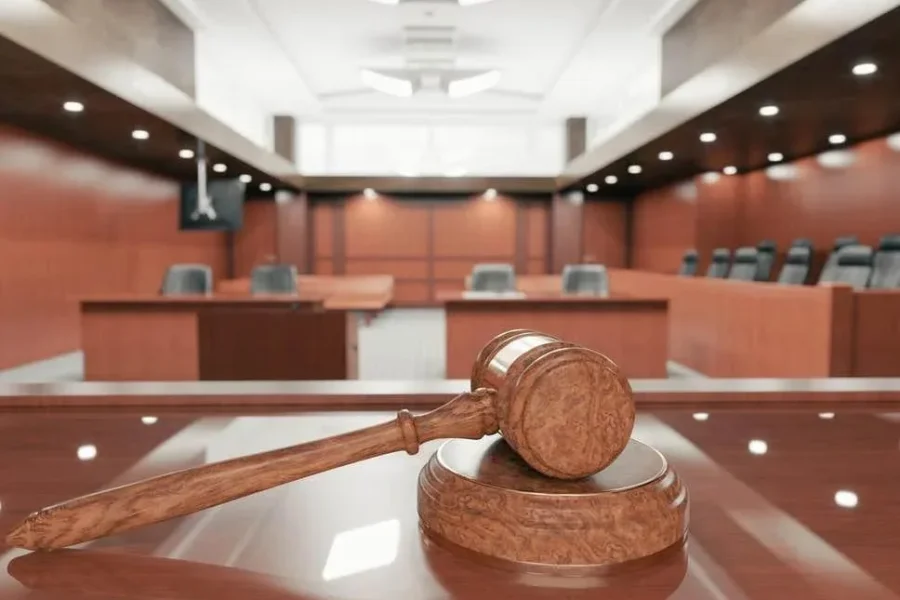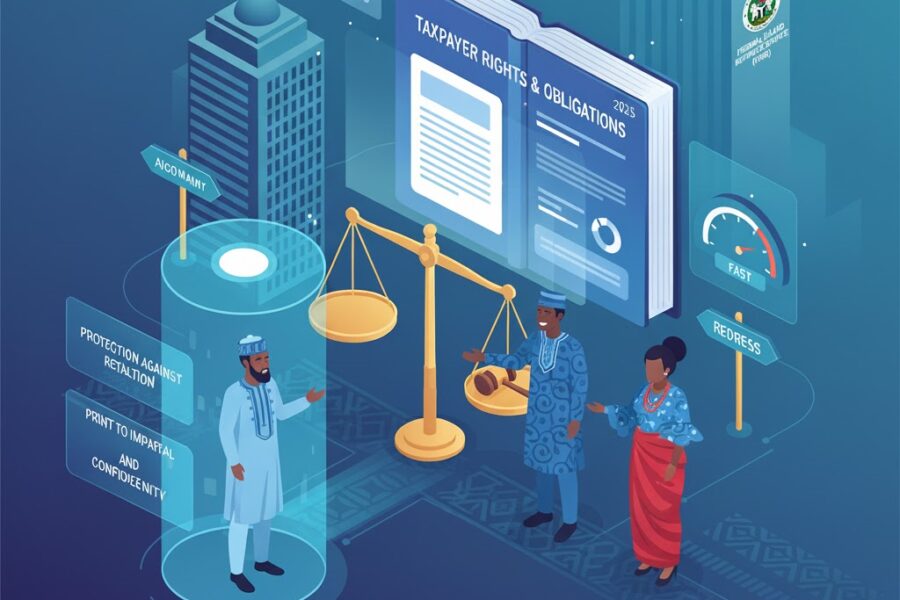Evaluating Plea Bargaining in Nigeria’s Anti-Corruption Efforts: Justice or Privilege?
The growing use of plea bargaining in Nigeria’s fight against corruption has sparked debate over whether this legal mechanism serves justice or primarily benefits the wealthy and politically connected. This comprehensive analysis examines the effectiveness and fairness of plea bargaining within Nigeria’s anti-corruption framework.
In Nigeria’s ongoing battle against corruption, plea bargaining has emerged as a prominent tool under various legal frameworks, including the EFCC Act, ICPC Act, and the Administration of Criminal Justice Act (ACJA) 2015. This legal mechanism allows defendants to negotiate reduced sentences in exchange for guilty pleas and asset recovery.
Legal Framework and Development The ACJA 2015 formally introduced plea bargaining through Section 270, providing official recognition and judicial oversight to a practice previously implemented through prosecutorial discretion. This development aimed to streamline the justice system, though concerns about its application persist.
Benefits of the System Proponents highlight several advantages of plea bargaining: – Expedited case resolution – Enhanced asset recovery efficiency – Reduced court backlogs – Greater certainty in case outcomes
Challenges and Public Concerns Critics point to significant issues: – Preferential treatment for influential defendants – Potential encouragement of corruption through lenient settlements – Limited public transparency in agreements – Weakened deterrent effect
Notable Cases Two high-profile cases illustrate these concerns: 1. Former IGP Tafa Balogun received just six months’ imprisonment despite charges involving over ₦13 billion 2. Former Edo State Governor Lucky Igbinedion avoided prison through a plea deal involving fines
International Context While plea bargaining faces scrutiny globally, countries like the United States maintain stronger institutional safeguards through transparent processes and strict prosecutorial guidelines – features currently lacking in Nigeria’s system.
Reform Proposals To strengthen the system’s integrity, experts recommend: – Developing clear institutional guidelines – Enhancing judicial review of agreements – Mandating public disclosure of deal terms – Implementing differential treatment based on offense severity
Moving Forward For plea bargaining to serve as an effective justice tool rather than a loophole for the privileged, Nigeria must implement comprehensive reforms ensuring transparency, consistency, and fairness. Without such changes, public trust in the legal system may continue to erode.
References remain as provided in the original text, maintaining all citations to legal cases, statutes, and academic works.







Leave a Comment